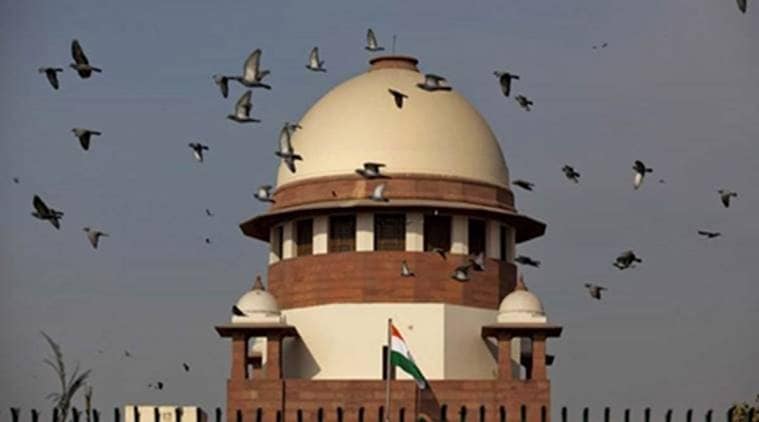Stay updated with the latest - Click here to follow us on Instagram
SC reserves verdict on whether privacy is fundamental right
Privacy cannot be raised to a level where we stifle innovation, says judge
 Supreme Court on Wednesday reserved its verdict on the question of whether privacy constitutes a fundamental right under the Constitution. (Representational Image)
Supreme Court on Wednesday reserved its verdict on the question of whether privacy constitutes a fundamental right under the Constitution. (Representational Image)
The Supreme Court on Wednesday reserved its verdict on the question of whether privacy constitutes a fundamental right under the Constitution, ending marathon arguments that began on July 19 and went on for six days before a nine-judge Constitution bench. The bench headed by Chief Justice of India Justice J S Khehar included Justices D Y Chandrachud, J Chelameswar, S K Kaul, S A Bobde, R F Nariman, A M Sapre, R K Agarwal and Abdul Nazeer. It reserved the order after petitioners’ counsels replied to the arguments by the Centre and some states that privacy must be protected through statutory enactments and there was no need to elevate it to a fundamental right.
Whether the court will deliver its verdict before the Chief Justice of India demits office on August 27 is to be seen. Justice Chandrachud cautioned that “those adjudicating on privacy must ensure that our quest for innovation in not stifled”.
Intervening during the arguments by senior counsel Rakesh Dwivedi, who appeared for the Gujarat government, Justice Chandachud said: “We are a knowledge-based society and privacy cannot be raised to a level where we stifle innovation. Innovation in India is happening in services… data.” He said that for understanding individual privacy, it would be helpful to envisage three zones — intimate, private and public. In the intimate zone, which encompasses family, personal relationships etc, state interference will be minimal, he said. The second was the private zone where an individual shares personal data with others, like on the social media or for using a service. “The data so submitted must be used only for the purpose for which it is given,” Justice Chandrachud said, adding that privacy levels would be minimal in the public zone. Justice Nariman added: “When a person goes from zone one to zone three, the privacy right remains. When it is balanced against state interests, that state interest will have to satisfy the tests of that zone.”
Justice Nariman added: “When a person goes from zone one to zone three, the privacy right remains. When it is balanced against state interests, that state interest will have to satisfy the tests of that zone.”
Dwivedi said his point was that everything depended on circumstances and hence it would be sufficient if tested on a case-by-case basis instead of making it a fundamental right. Dwivedi said the discussions on privacy will also have to take note of large corporations outside India “which are more powerful that the Indian state” and controlling the information flow. “How does one control Google which has servers outside India?” he asked.
Justice Chandrachud answered: “Yes, you are right that privacy as a practical notion has broken down to a large extent. But let us not use that argument to defeat privacy as a Constitutional notion.” Senior counsel Gopal Sankaranarayanan, who appeared for the think tank Centre for Civil Society, raised the point about apps. “When we use an app, it asks us whether it can access the contact list, pictures etc and we invariably say yes. Thus, we are waiving our privacy. But if we raise privacy to the status of a fundamental right, it cannot be waived. If waived, it would make that contract void,” Sankaranarayanan said.
Appearing for the Telecom Regulatory Authority of India and the state of Haryana, advocate Arghya Sengupta, who is also the Founder of Vidhi Centre for Legal Policy, said privacy was “defined as the right to be left alone. If so, conceptually it is nothing but liberty itself.” What aspects of it needed to be protected could be decided on a case-by-case basis, he said.







